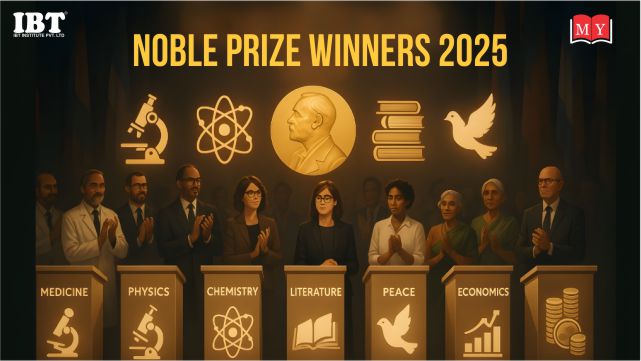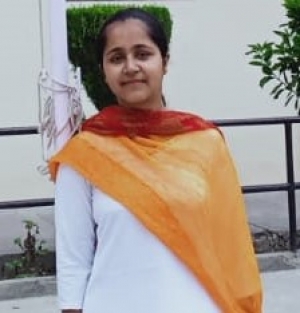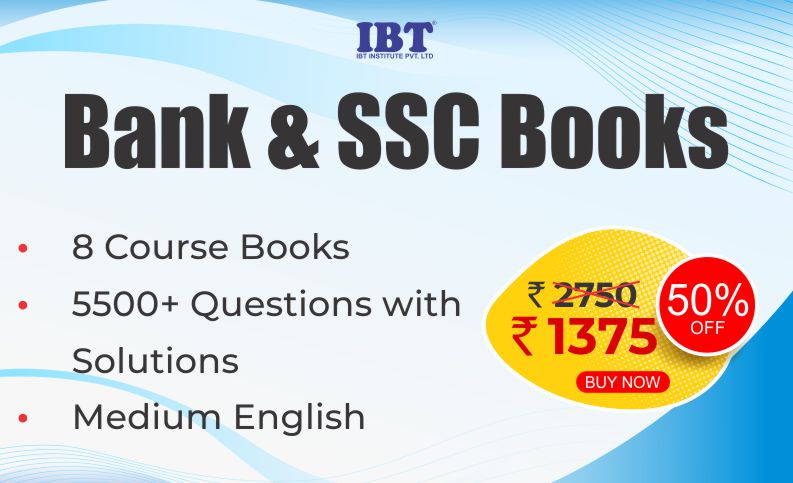Noble Prize Winners 2025

Noble Prize Winners 2025
The 2025 Nobel Prizes recognize groundbreaking achievements across six categories. The awards honor discoveries and contributions in physiology or medicine, physics, chemistry, literature, peace, and economic sciences. This year's winners were recognized for their pioneering work in areas such as immune tolerance, quantum technology, sustainable materials, literary innovation, democratic rights advocacy, and economic growth. Their research and achievements have the potential to drive significant advancements and inspire future generations.
|
Category
|
Laureates
|
Rationale
|
|
Physics
|
John Clarke, Michel H. Devoret, and John M. Martinis
|
For the "discovery of macroscopic quantum mechanical tunnelling and energy quantisation in an electric circuit." Their work, performed in the mid-1980s, demonstrated that quantum mechanical effects (like tunneling and discrete energy levels) could be observed in an electrical circuit large enough to be held in a hand. This groundbreaking research laid the essential foundation for developing the next generation of quantum technology, including quantum computers.
|
|
Chemistry
|
Richard Robson, Susumu Kitagawa, and Omar Yaghi
|
For "creating molecular constructions with 'rooms' in between" (Metal-Organic Frameworks or MOFs). They developed a new form of molecular architecture where metal ions act as cornerstones linked by long organic molecules, creating crystals with large internal cavities. These porous MOF materials have applications in storing desired gases or chemicals, such as trapping moisture from the air to get water or absorbing ethylene gas to slow the ripening of fruit.
|
|
Physiology or Medicine
|
Mary E. Brunkow, Fred Ramsdell, and Shimon Sakaguchi
|
For their groundbreaking discoveries concerning peripheral immune tolerance that prevent the immune system from attacking the body's own tissues (autoimmunity). Their research—specifically the discovery and understanding of a key regulatory mechanism—laid the foundation for a new field of research and has spurred the development of new treatments for cancer and autoimmune diseases.
|
|
Literature
|
László Krasznahorkai (Hungarian author)
|
For his "compelling and visionary oeuvre that, in the midst of apocalyptic terror, reaffirms the power of art." His works are known for their profound, complex prose and dark, apocalyptic themes that explore the human condition in times of great uncertainty and fear, ultimately highlighting the enduring strength of artistic expression.
|
|
Peace
|
María Corina Machado (Venezuelan politician)
|
For her "tireless work promoting democratic rights for the people of Venezuela and for her struggle to achieve a just and peaceful transition from dictatorship to democracy." The Norwegian Nobel Committee praised her as an extraordinary example of civilian courage, recognizing her role as a key, unifying figure in the country's political opposition against an entrenched authoritarian regime.
|
|
Economic Sciences (Sveriges Riksbank Prize)
|
Joel Mokyr, Philippe Aghion, and Peter Howitt
|
For "having explained innovation-driven economic growth." Mokyr was recognized for identifying the historical prerequisites for sustained technological progress, while Aghion and Howitt were honored for developing the theory of "sustained growth through creative destruction," which explains how new innovations constantly replace older products and industries, driving long-term economic expansion.
|
The Nobel Prizes: Overview
The Nobel Prizes are a set of international awards handed out annually for achievements in Physics, Chemistry, Physiology or Medicine, Literature, and Peace. The prizes were established by the will of Swedish inventor and industrialist Alfred Nobel (1833–1896). The first prizes were awarded in 1901.
-
The Sveriges Riksbank Prize in Economic Sciences in Memory of Alfred Nobel was established by Sweden's central bank in 1968 and is administered and presented alongside the original five Nobel Prizes.
-
Each laureate receives a gold medal, a diploma, and a monetary award (which, in 2025, was approximately 11 million Swedish kronor).
-
A prize may be shared by up to three individuals, while the Peace Prize can also be awarded to institutions and organizations.
1 like |
0 comment
 4.5/5
4.5/5








